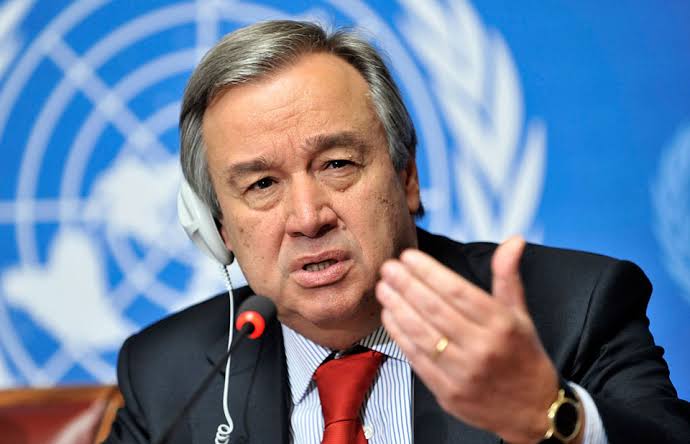Following the executions of Mr. Wedu Mosalagae (33) and Mr. Kutlo Setima (29) which took place on 8 February 2021, the United Nations in Botswana calls on the Government of Botswana to stop the use of capital punishment and impose an immediate moratorium on executions with a view to its abolition. There is a clear global trend towards abolition including from States with a variety of legal systems, traditions, cultures, and religions. At the end of last year, 123 states voted in favour of the General Assembly resolution calling for a moratorium on the use of the death penalty. The United Nations in Botswana strongly urges the Government of Botswana to put an end to further executions.
As a state party to the International Covenant on Civil and Political Rights, the Human Rights Committee recommended that Botswana should move towards the abolition of the death penalty in accordance with article 6 of the Covenant.
During Botswana’s Universal Periodic Review (UPR) in 2018, recommendations were made urging Botswana to abolish the death penalty including taking active steps to ensure that public consultations on the abolition of the death penalty are held. We call on the Government of Botswana to engage in a national dialogue on this issues on the basis of a full presentation of all aspects of the matter including the enjoyment of the right to life with a view to attain its abolition and ratification of the Second Optional Protocol of the International Covenant on Civil and Political Rights. The UN stands ready to support any discussions leading towards abolition of death penalty.
The United Nations advocates for a moratorium on the death penalty and ultimately an abolition worldwide in line with the fundamental right to life, the absence of evidence that the death penalty provides an effective deterrent, and the irrevocable nature of the punishment. The best deterrents for serious crimes lie in ensuring respect for the rule of law and due process; ensuring that there is no impunity, irrespective of who commits a crime and that those suspected of such crimes are promptly and properly investigated and prosecuted; and ensuring that the authorities engage closely with the communities affected by the crime.










